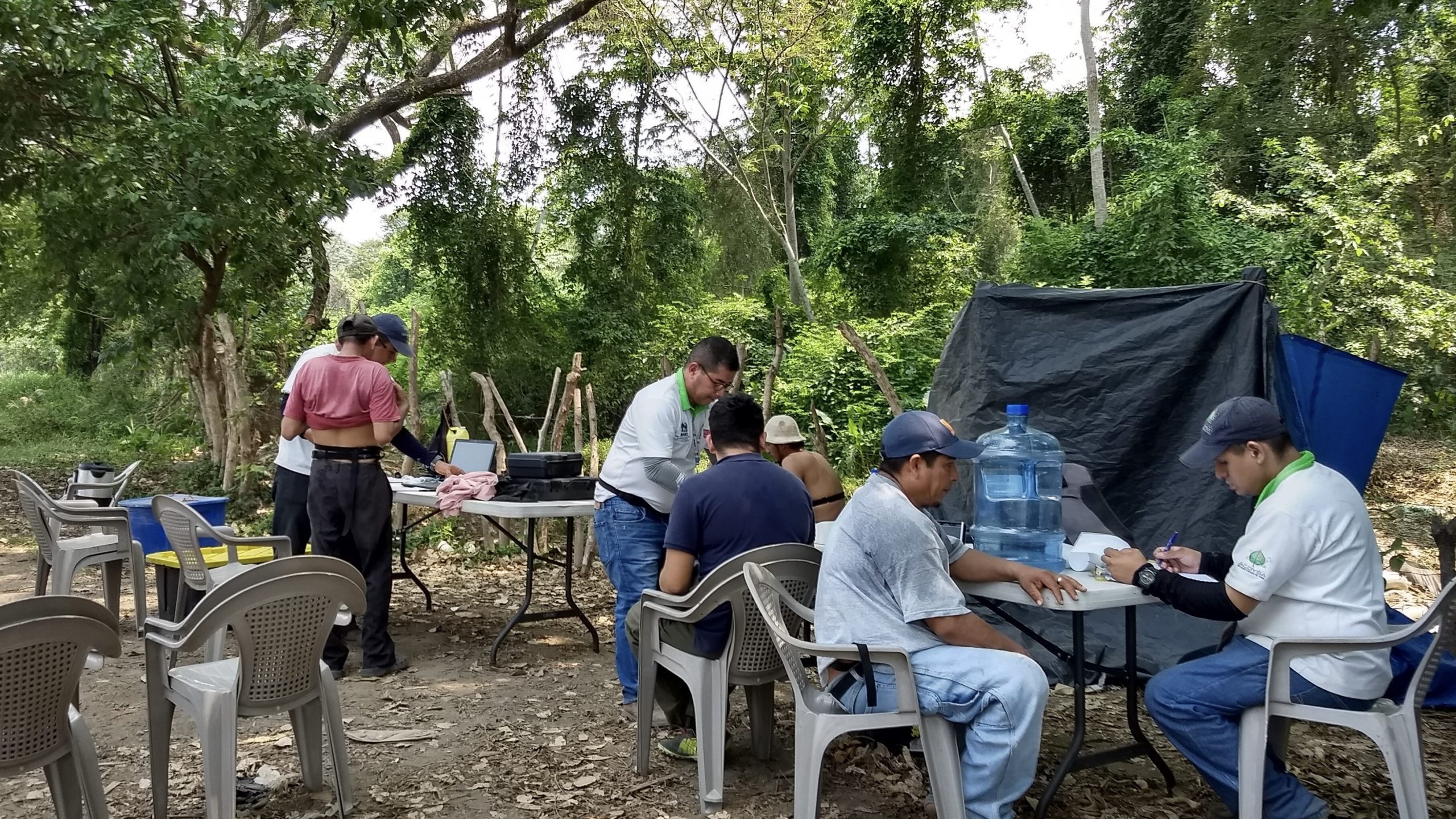Research Group for the Study of Chronic Kidney Disease in Central America
Si es usted un participante del estudio que busca información, visite nuestra página web para participantes.
Over the past few decades, extraordinarily high rates of chronic kidney disease (CKD) have been observed on the Pacific coast of several Central American countries including Nicaragua, El Salvador, Guatemala, and Costa Rica. This increasingly recognized epidemic of kidney disease, referred to by some researchers as Mesoamerican Nephropathy (MeN) or CKD of non-traditional etiology (CKDnt), is considered a major public health threat by the Pan American Health Organization (PAHO), and is declared a priority by the Commission of Ministries of Health of Central America (COMISCA) in their 52nd DIRECTING COUNCIL Concept Paper.
The population most affected by CKDnt differs from that of the global North. In the U.S. and Europe, the major risk factors for traditional CKD are advancing age, diabetes and hypertension. In contrast, CKDnt disproportionately affects younger men, most with no history of diabetes or hypertension. CKDnt epidemics with strikingly similar characteristics are also seen among marginalized populations in other tropical regions, including well-documented epidemics in Sri Lanka and India as well as reports in several other locations. Agricultural workers appear to be among the groups most affected by CKDnt, particularly those whose communities experience intergenerational poverty, but manual laborers in other industries, such as brick manufacturing and underground mining, also have high rates of disease. Hypotheses regarding the cause of the disease include heat stress and subsequent dehydration, agrichemicals, metals, infectious diseases, medications, diet, low birthweight, and genetic susceptibility, among others. Despite more than a decade of research, the causes remain unclear, owing in part to the likely multifactorial nature of the disease and—until recently—the limited funding available for research.
Our team has been investigating the CKDnt epidemic since 2009 in Nicaragua, and we expanded our work to El Salvador in 2018. The research is informed by a lifecourse approach, which recognizes that environmental, biologic, socioeconomic, and historical factors play a role in an individual’s health throughout their lifetime. In our research, we focus on exposures starting in early life into adulthood. We also consider genetic susceptibility, which might potentiate an individual’s environmental and occupational exposures to make one more likely to develop CKDnt. Learn more about our Research Hypotheses and Studies.



